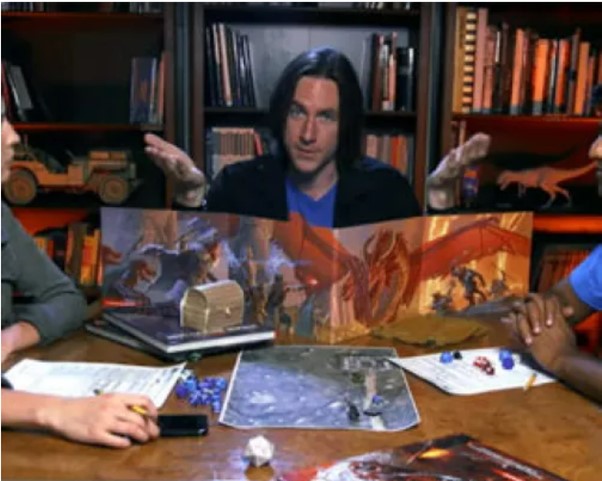In the often outlandish realm of Dungeons and Dragons (D&D), valuable leadership insights are found in the most unlikely of places. Surprisingly, even the brutish and seemingly chaotic orcs can teach us a thing or two about leadership.
For those who don’t know, orcs are aggressive humanoid creatures with green skin, prominent tusks, and a tribal, warlike culture. They are often organized into tribes or clans led by powerful chiefs. Orcs are skilled warriors, typically wielding melee weapons, and are commonly portrayed as chaotic or evil. They serve as common adversaries in D&D campaigns, offering challenges to player characters at various levels. The Lord of the Rings films give an excellent portrayal of these foes.
Let’s delve into the world of D&D and uncover unexpected leadership lessons from these misunderstood creatures.
Unity in Diversity: Harnessing Strengths in a Horde
Orcs, often depicted as a chaotic horde, exemplify the strength that arises from diversity. Within orc communities, various tribes boast a range of skills, from fierce warriors to cunning strategists. Effective orc leaders recognize and harness the diverse strengths of their horde, fostering a sense of unity.
In the business world, leaders can learn from orcs by embracing the unique talents and perspectives within their teams. Just as different orc tribes contribute to the overall strength of the horde, diverse skills and backgrounds among team members can lead to innovative solutions and increased productivity.

Resilience in the Face of Adversity: Embracing the Warrior Spirit
Orcs are renowned for their resilience in battle. No matter the odds, they face adversity with a tenacious warrior spirit. Leaders can draw inspiration from this quality, understanding that resilience is key to overcoming challenges and achieving long-term success.
In the corporate landscape, leaders must navigate uncertainties, setbacks, and fierce competition. Adopting the orcish warrior spirit involves instilling a mindset of perseverance, encouraging teams to learn from failures, and pressing forward with determination. Just as orcs rise again after defeat, resilient leaders inspire their teams to bounce back and continue the fight towards their goals.
Hierarchical Leadership: Strength in Leadership Structure
Orc society is often structured hierarchically, with powerful leaders at the top guiding their tribes. While the orcish hierarchy may seem brutal, it emphasizes the importance of clear leadership structures. Consequently, in Dungeons and Dragons, strong leaders among orcs command respect, and their authority rarely questioned.
In the corporate world, effective leaders establish clear hierarchies and communication channels within their organizations. A well-defined leadership structure promotes accountability, ensures efficient decision-making, and fosters a sense of direction among team members. Of course, I’m not advocating for a rigid or oppressive structure. However, orcish leadership structures remind us of the importance of clarity and order in achieving collective goals.
Final Thoughts on Orcs
Dungeons and Dragons, with its rich lore and diverse creatures, serves as an unexpected source of inspiration for leadership principles. Orcs, often dismissed as mere antagonists, provide valuable insights into the strength of diversity, the importance of resilience, and the benefits of clear leadership structures. Therefore, as we roll the dice in our own leadership journeys, let us glean wisdom from the unlikeliest of mentors. Before applying these lessons to lead our teams to victory in the corporate adventure.
Go the Orcs!



